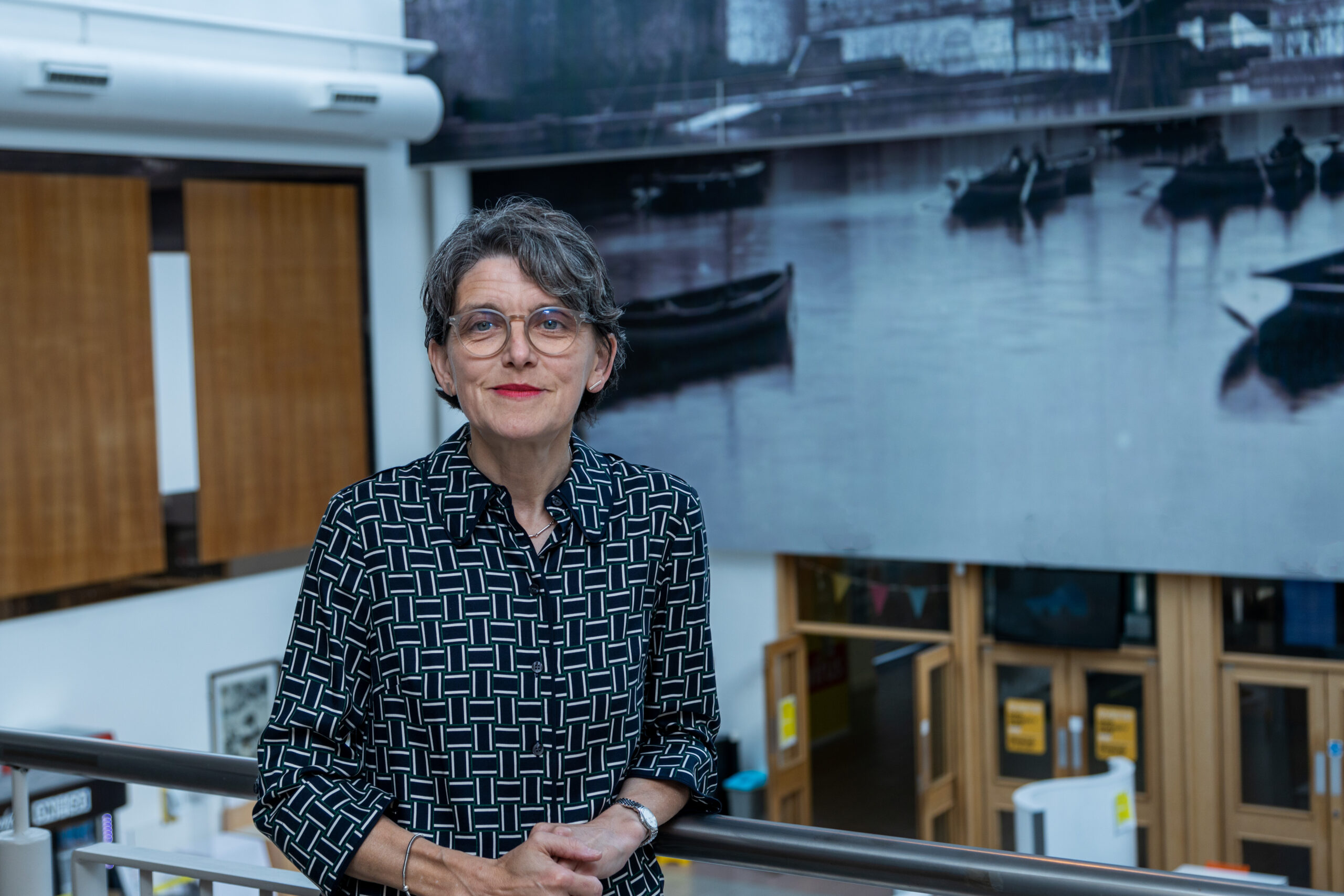

Education
TUS Launches Centre for Pedagogical Innovation and Development
Pedagogical Innovation and Development centre launched at TUS – Pictured above is Frances O’Connell, VP for Student Education and Experience at TUS.
The centre will is pivotal in the rollout of TUS’s new teaching and learning strategy

TUS has launched a new centre aimed at supporting innovation, diversity and excellence in learning, teaching, and assessment across higher education.
The Centre for Pedagogical Innovation and Development (CPID) will facilitate staff development, scholarship, and educational research and dissemination in learning, teaching, and assessment, including the use of digital technologies.
Through the centre, TUS staff will be able to undertake accredited and non-accredited programmes of study which focus on developing their knowledge of different teaching methods and techniques, to enhance students’ learning experiences and outcomes.
Staff can avail of a flexible pathway to a Master of Arts in Academic Practice which allows participants to select from a range of shorter themed special purpose awards leading to a postgraduate diploma or progression to complete the master’s degree.
“This new centre will focus on transformation and innovation in educational practices, including the use of new technologies, which put the student learning experience at the core,” explained Frances O’Connell, VP for Student Education and Experience at TUS.
“It will also inform the development of our infrastructure, both physical and virtual, by focusing on what we need in our classrooms, laboratories and learning spaces, to ensure we are meeting the demands of the 21st Century student and maximising their experience irrespective of what, when, and how they learn.
“Ultimately, we need to be courageous and open to new ways of doing things in terms of our learning and teaching practices. This new centre will be the vehicle through which we guide the implementation of significant changes across TUS.
“Part of this will mean reviewing and adapting our programmes to ensure they are both inclusive and equitable in their design to ensure the best possible outcomes for our students and an equal opportunity for students in terms of engaging with their classes,” she said.
She continued, “TUS is a dynamic learning community that co-creates an inclusive learning experience through leadership in teaching, active learning, research, and scholarship, in addition to industry and civic collaboration.
“This philosophy underscores our ambition to engage learners through programmes of learning and research that are inclusive and relevant to the needs of industry, society, and the environments our graduates will work in, either nationally or internationally. We achieve this through an emphasis on applied learning and authentic assessment.”
According to Nuala Harding, the head of the new Centre for Pedagogical Innovation and Development at TUS, the CPID will also play a pivotal role in the rollout of TUS’s new teaching and learning strategy, Putting Learning First.
“Putting Learning First celebrates the centrality of the student in the educational activities of TUS, and it frames the ambition TUS has for its students and their development in a living, dynamic, caring, and responsive university community. The strategy also emphasises a commitment to lifelong learning and continuous improvement,” she explained.
“The TUS Graduate Attributes Framework, which forms part of the strategy, is framed around three key questions. Firstly, what do we want our TUS graduates to know? This is related to developing an in-depth knowledge of their discipline.
“Secondly, what do we want our TUS graduates to be able to do? This addresses the skills and competences students develop during their programme. Finally, and in keeping with the ambition of developing university graduates, what difference do we want our TUS graduates to make? This is both in terms of the workplace and in particular, the contribution our graduates make to the communities in which they live,” she said.
The centre will focus on developing practices in key areas to ensure TUS staff are equipped to navigate the digital transformation in online and blended programme delivery and design, and new models of learning proven to actively engage and benefit students, such as Team-Based Learning (TBL).
“We’re aiming to empower staff who teach and support students, across the TUS community, to actualise this ambition through professional development and engagement in practice sharing underpinned by research-based approaches to learning, teaching and assessment,” Ms Harding added.
For more about TUS, go HERE
For more stories on TUS, go HERE















